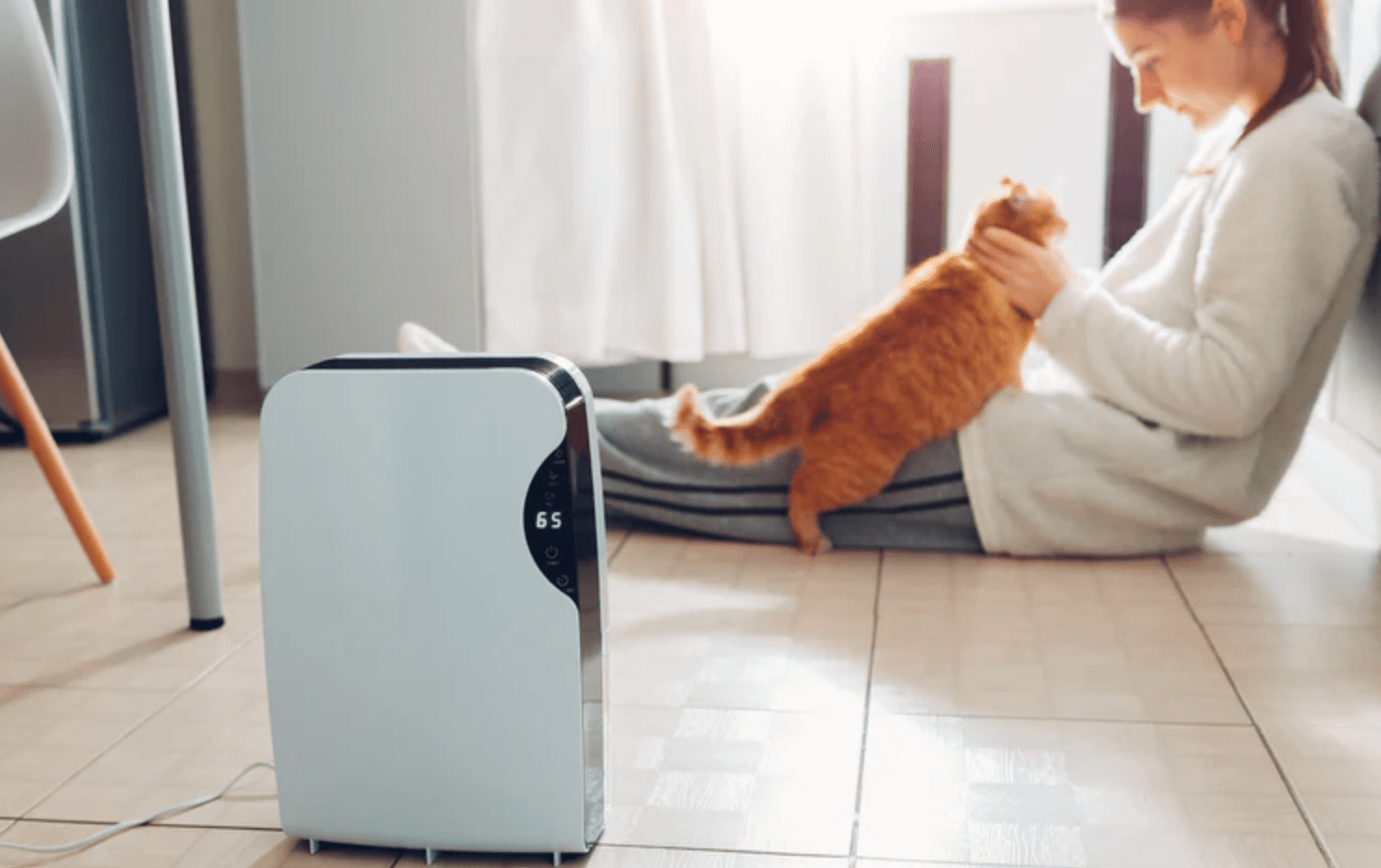Are you looking for ways to improve the air quality in your home or office? Ionizers could be the solution you need. These innovative devices release negative ions into the air, which electrically charge airborne particles, causing them to settle on surfaces and potentially neutralizing harmful microorganisms like viruses and mold spores. However, while ionizers offer a unique approach to air purification, they are not without their challenges.

This article delves into how ionizers work, their advantages in creating a cleaner indoor environment, and the considerations you should weigh before incorporating them into your space.
An ionizer air purifier, also known as an ionic air purifier, uses ionization technology to clean the air. It works by emitting charged particles (ions) into the air. These ions attach to airborne particles such as dust, pollen, smoke, and pathogens like bacteria and viruses, giving them a charge. The charged particles then either clump together and become heavy enough to fall out of the air, or they are attracted to and adhere to surfaces like walls or floors, effectively removing them from the air you breathe.
Some ionizer air purifiers may also include traditional filters to capture these particles once they have clumped together, enhancing the purification process.
Related Article: How Does Bipolar Ionization Work?

Using an ionizer in your home or office space can indeed bring several benefits, not only in improving air quality but also in enhancing overall wellbeing. Here’s a more detailed look at the benefits you mentioned, based on the scientific understanding of how negative ions affect the environment and health:
While ionizers can offer certain benefits, their limitations and potential risks are significant factors to consider, especially for individuals with specific health sensitivities. Let's expand on these drawbacks:
There are three types of ionizers to choose from. This includes Bipolar ionization, Ionizer on fans and Air purifier with ionizer.
This air purification technology generates both positive and negative ions to neutralize airborne contaminants such as bacteria, viruses, molds, pollen, and odors. These ions attach to airborne particles, making them heavier so they settle out of the air, or they can deactivate them through chemical reactions.
Suggested Reading: What is Bipolar ionization.
This refers to ion generators built into fan units. When the fan operates, it releases ions that help clean the air passing through by increasing the concentration of ions in the air, which helps reduce dust and other particulates.
This type of air purifier includes both traditional filtration systems and an ion generator. The ion generator functions similarly to standalone ion machines, releasing ions that help remove pollutants from the air. This device combines physical filtration with ionization for more effective purification.
Eddaair's bipolar ionization technology is trusted globally and installed in thousands of diverse settings, including commercial, institutional, residential, and industrial buildings. With over a decade of experience, Eddaair has consistently provided safe, effective air purification solutions tailored for environments ranging from schools and commercial buildings to both single- and multi-family homes. This long-standing trust in Eddaair's solutions underscores the reliability and effectiveness of their products. Let's delve deeper into what Eddaair offers and how their technology stands out in improving indoor air quality across various applications.
Explore the transformative power of Eddaair's bipolar ionization technology today! Contact us now via support@eddaair.com to find out how Eddaair can tailor an air purification solution to meet your specific needs.